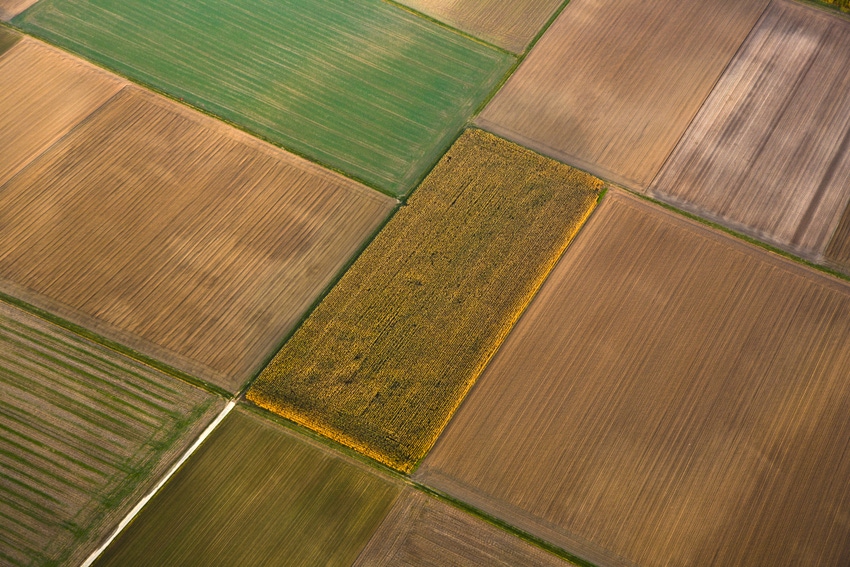Anaerobic digester to enhance nutrient management at Penn State farms
Digester will improve efficiency, reduce odors, decrease greenhouse gas emissions and allow more land acres to be used for manure application.
February 12, 2019

An anaerobic digester being constructed for a renovation project at The Pennsylvania State University department of animal science's farms is a part of a total nutrient management program that will also support Penn State’s sustainability goals, the university said.
Designed to handle manure from livestock on several of the university-owned farms, the digester will improve efficiency, reduce odors, decrease greenhouse gas emissions and allow more land acres to be used for manure application.
“The new digester will allow us to continue our commitment to being responsible stewards, maximizing the value of nutrients from our livestock population," said Terry Etherton, head of the Penn State department of animal science. He noted that an added advantage will be increased educational and outreach opportunities.
Challenges for the farms include the proximity of animals and fields to the University Park, Pa., campus and the University Park Airport, as well as transporting manure to fields, he said.
The digester will also aid Penn State in its sustainability goals. During the fermentation process in the digester, methane is produced and separated, leaving a semi-odorless product that retains nutrients and can be field-applied on university farmlands.
The digester volume is 400,000 gal., with an operating volume of 360,000 gal., the university said. Inflow will receive an average of 11,500 gal. of manure/washwater per day when it becomes operational in the fall.
With a potential of 9,000,000 Btu and 830,000 kWh, the greenhouse gas reductions for the university would exceed 500 metric tons of carbon dioxide equivalent, contributing to Penn State’s goal of a 35% greenhouse gas reduction by 2020, university president Eric Barron noted to the board of trustees at their May 2018 meeting.
The project, which is expected to be completed by the fall of 2019, is part of the university’s Energy Savings Program and received a low-interest loan of $600,000 to cover some of the costs. In addition, the Office of Physical Plant applied for a grant through the West Penn Power Sustainable Energy Fund Sustainable Energy Financing Program and received an additional $75,000 under the category of Clean Heat & Power Technologies. The remainder of the project will be funded through the College of Agriculture, major maintenance funds identified from the Capital Plan and the Facilities Resource Committee.
Because the department of animal science is part of a broad cooperative extension network, the awareness and educational benefits of the digester will be disseminated throughout Pennsylvania and the northeastern U.S., the university said.
Source: Penn State, which is solely responsible for the information provided and is wholly owned by the source. Informa Business Media and all its subsidiaries are not responsible for any of the content contained in this information asset.
You May Also Like


.png?width=300&auto=webp&quality=80&disable=upscale)
